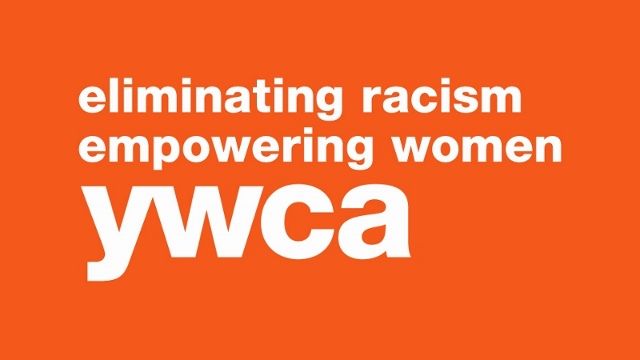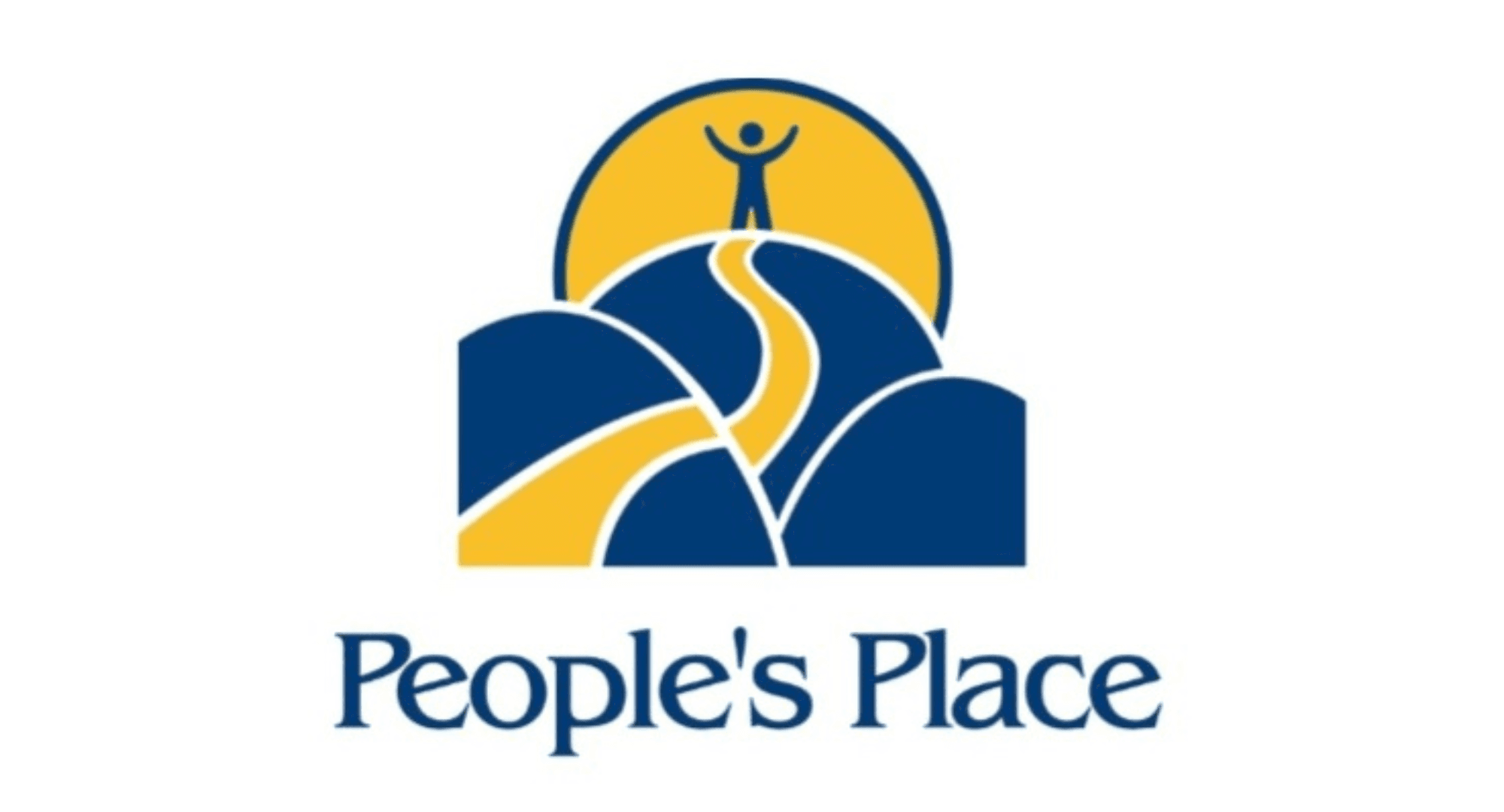Making Progress But Much Left To Do
Ava Carcirieri, PhD
Director of Special Court Programs, Delaware Family Court

Today, the United States officially recognizes Women’s Equality Day to commemorate the certification of the 19th Amendment that enshrined the right to vote for women. This amendment passed in 1920, after decades of protests and dissent by women of all generations; since the early 1800s, Americans formed and participated in the suffragist movement that ignited changes in all states to ensure that women can participate in the most fundamental aspect of our political rights.
While this amendment was a giant leap for women’s equality in the United States, it is no secret that women today have had to continue the fight on many fronts in the hopes that we one day can finish the work that was started decades ago. It is understood that the word ‘equality’ does not encompass just the basic rights afforded to women, but how women live and move through the world. As many women in these fields have realized, our political presence as women is inextricably linked to our visibility and personal lives. A common phrase among second-wave feminism was ‘the personal is the political’; this phrase is often used to help people understand that oftentimes, the personal experiences of women are directly tied to our locations within a socio-political system that give men power over women.
According to the Gender Parity Index published in 2022, women hold between 28% and 31% of Congress and Legislative positions nationwide; Delaware specifically has a C grade with regard to the state’s gender parity, indicating that women continue to be woefully under-represented in positions of government. This under-representation is a critical component of continued political disadvantage, as women do not have the political power to influence policy and law to ensure that women’s voices are heard just as clearly as men’s. This disparity also extends to economic disempowerment, as women continue to be more likely to live in poverty and less likely to be top earners in the country. In this vein, it is, unfortunately, common knowledge that women are far more likely to suffer from domestic violence at the hands of their male partners; domestic violence itself is many times at the intersection of women’s economic, political, and sexual disempowerment which is what makes this type of violence so deadly and pervasive.
As feminist author Kristen Ghodsee writes succinctly, our current economic system thrives on the unpaid labor that women have been performing for generations; caring for children, the elderly, and the sick in families means that states can slash funding for these instrumental social services to funnel them back onto women. In a world in which men make up the majority of high earners and hold more positions of political power, it is no small surprise that women are globally socio-economically disadvantaged and suffer the effects of being barred from fully and freely participating in society. Within the context of gender-based and race-based violence, it is this political and social disempowerment that allows and even encourages these particular forms of violence to continue.
While the current situation for women socio-politically seems bleak, we are making advances nationally that are deserving of the kinds of celebration that we saw with the 19th Amendment. Today, more and more men identify as feminists and more individuals are connecting women’s empowerment with intersectional experiences that include race, ethnicity, sexual orientation, class, and gender identity. The movement at large has recognized the need for inclusivity, and this shift in understanding cannot be understated as these ideas and new ways of conceptualizing equality emerge and proliferate.
On this day, while we reflect on the important events that have granted women these fundamental rights along with how much further we have left to go, it is important to zoom out and envision one of the ultimate goals of feminism: that all persons, regardless of gender, race, ethnicity, sexual orientation, or socio-economic status can exist and move through this world free from violence and uninhibited by oppression. While we have a lot to do for this goal to be realized, there are many organizations that you can get involved with to better the lives of women and work toward the future that those in 1920 had envisioned with the 19th Amendment.
Citations and resources:
- https://www.archives.gov/
- https://www.representwomen.org/
- https://inequality.org/facts/gender-inequality/
Get Involved!




